

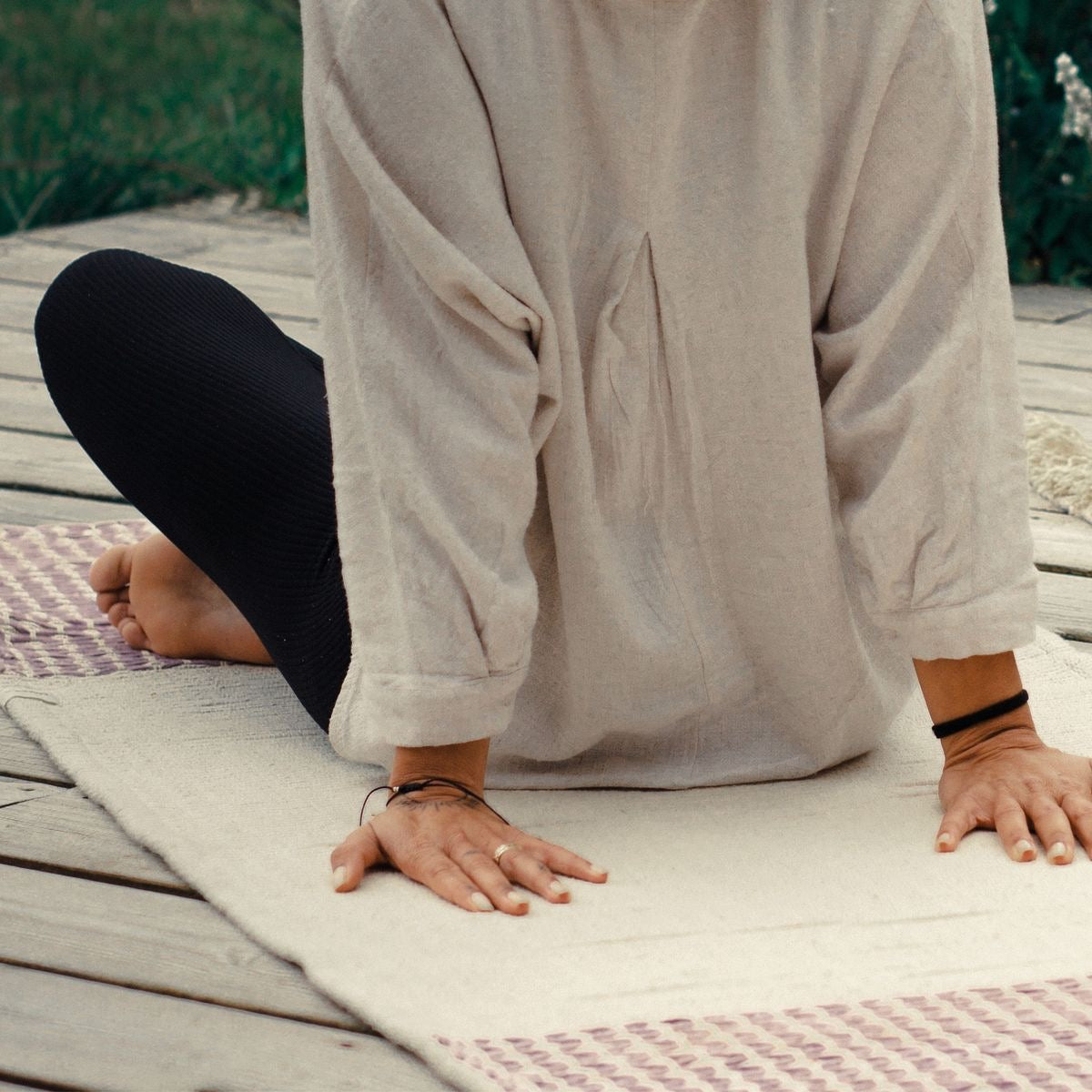

In a world where women are often told to 'just deal with it', it's time to have an honest conversation about PMS (Premenstrual Syndrome) and hormonal health.
While these symptoms affect up to 90% of menstruating individuals, the severity of symptoms shouldn't be dismissed as "normal."
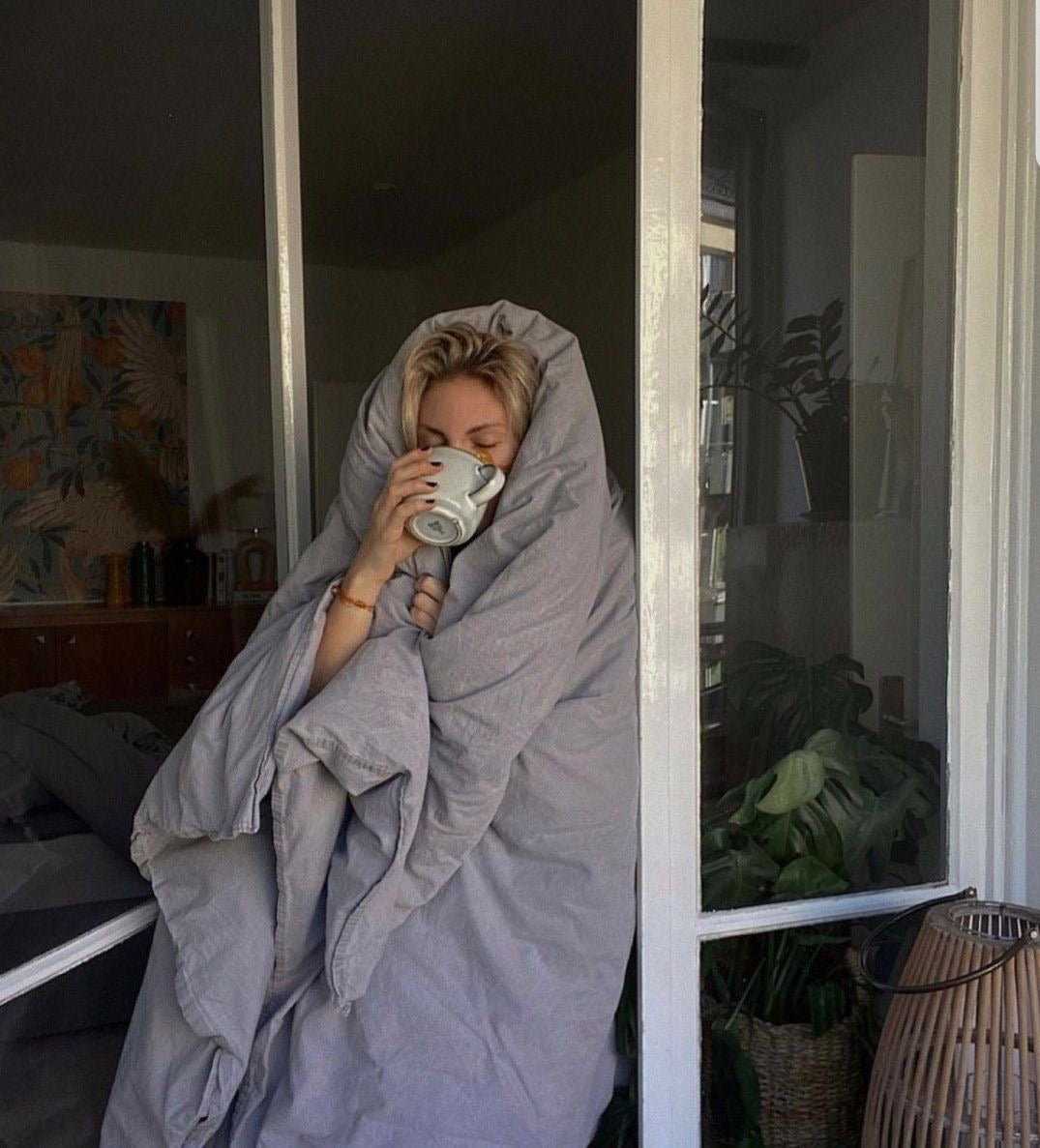
Recent studies have revealed some striking statistics about women's hormonal health:
While PMS is incredibly common, experiencing debilitating symptoms isn't something we should accept as normal. These symptoms often indicate underlying hormonal imbalances that can be addressed and improved.
And most of the time, we are offered the contraceptive pill in aid for this, which actually shuts your hormones off completely and the bleed you experience during the break is a FAKE withdrawal as a marketing ploy to ease women into thinking they still had their periods… that’s why we are here to bring you knowledge and POWER to take control of your situation and treat the root causes.
Does this sound like you?
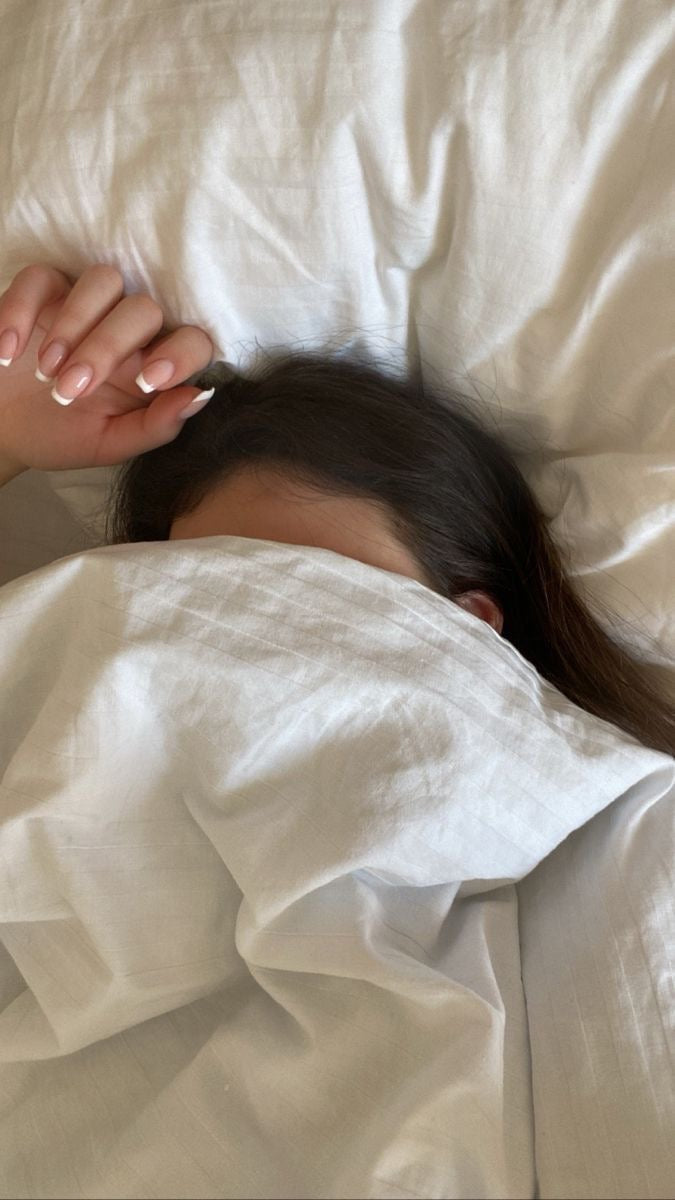

- Bloating and water retention
- Breast tenderness and swelling
- Headaches and body aches
- Fatigue and sleep problems
- Acne breakouts
- Food cravings or changes in appetite
- Mood swings
- Irritability and anxiety
- Depression or feelings of sadness
- Difficulty concentrating
- Social withdrawal
- Changes in sleep patterns
- Decreased interest in daily activities
- Changes in libido
These symptoms typically occur 7-10 days before menstruation and usually resolve once the period begins. The severity and combination of symptoms can vary greatly from person to person and even from month to month.
If you're one of the many individuals who experience PMS symptoms every month, you might think it's just a normal part of being a woman. However, while PMS is common, severe symptoms aren't actually normal - they're often signs that your hormones need support.
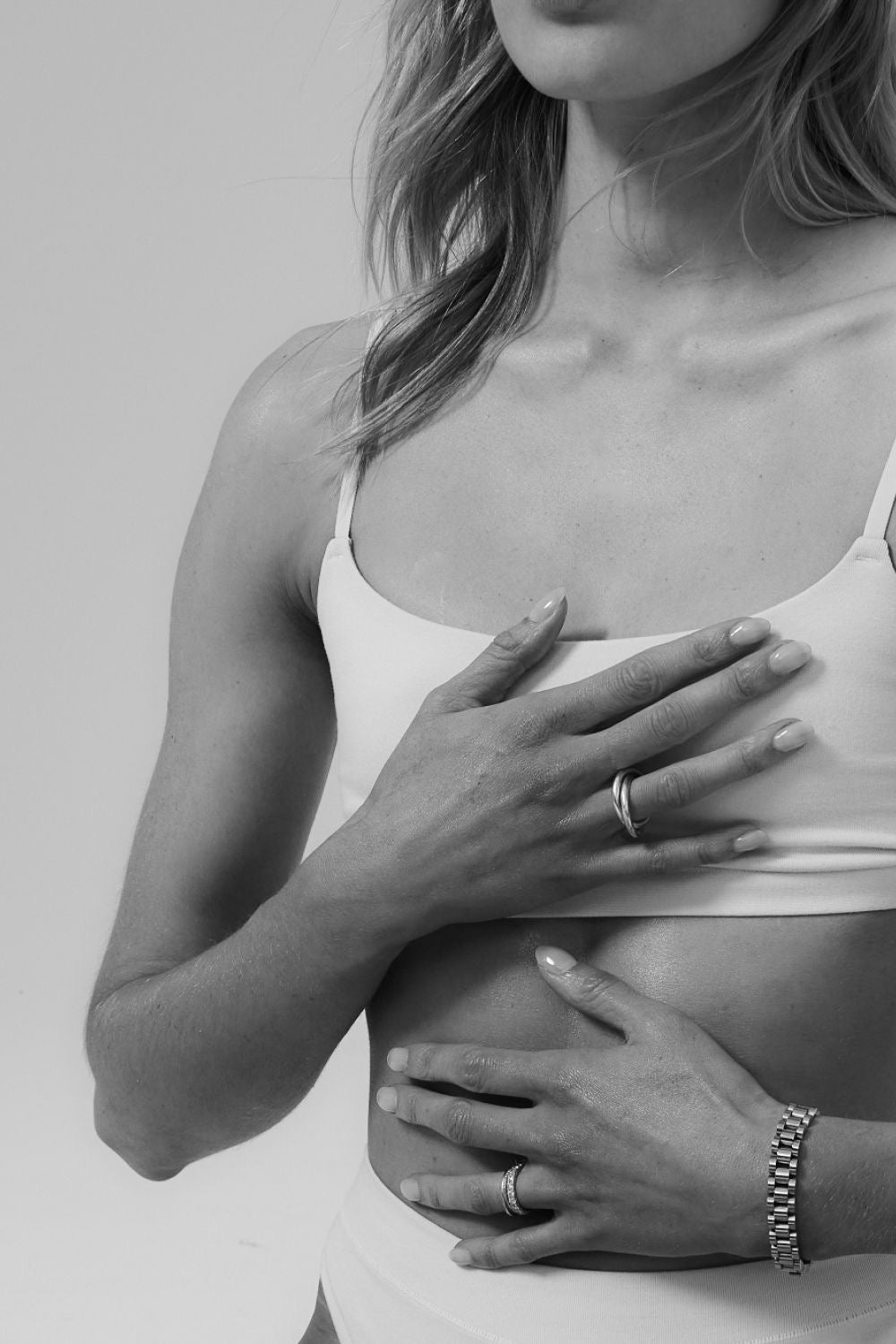
One of the most visible signs of hormonal fluctuations is skin changes, particularly acne. Hormonal acne typically appears along the jawline and chin, affecting many women during their reproductive years. This type of acne isn't just a cosmetic concern - it's often a sign of internal hormonal changes that deserve attention.
Managing hormonal health requires a holistic approach. While targeted skincare solutions like the eyeam Bye Bye Hormonal Acne Set + Inflammaging Skin Solution and Magnesium Sleepy Butter can help address external symptoms and have helped countless of our eyeamfam members, it's also important to consider:
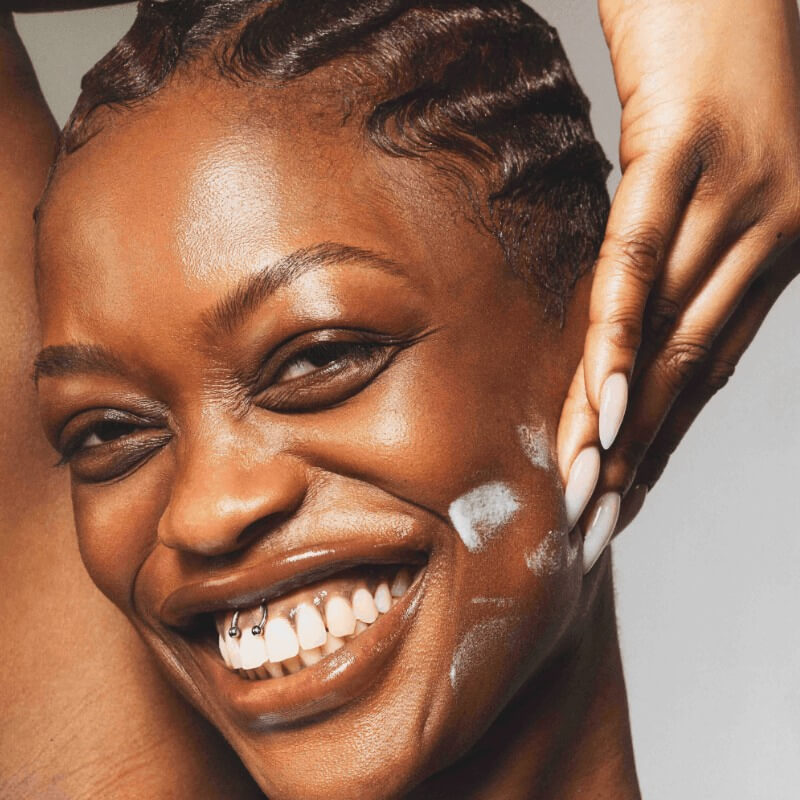
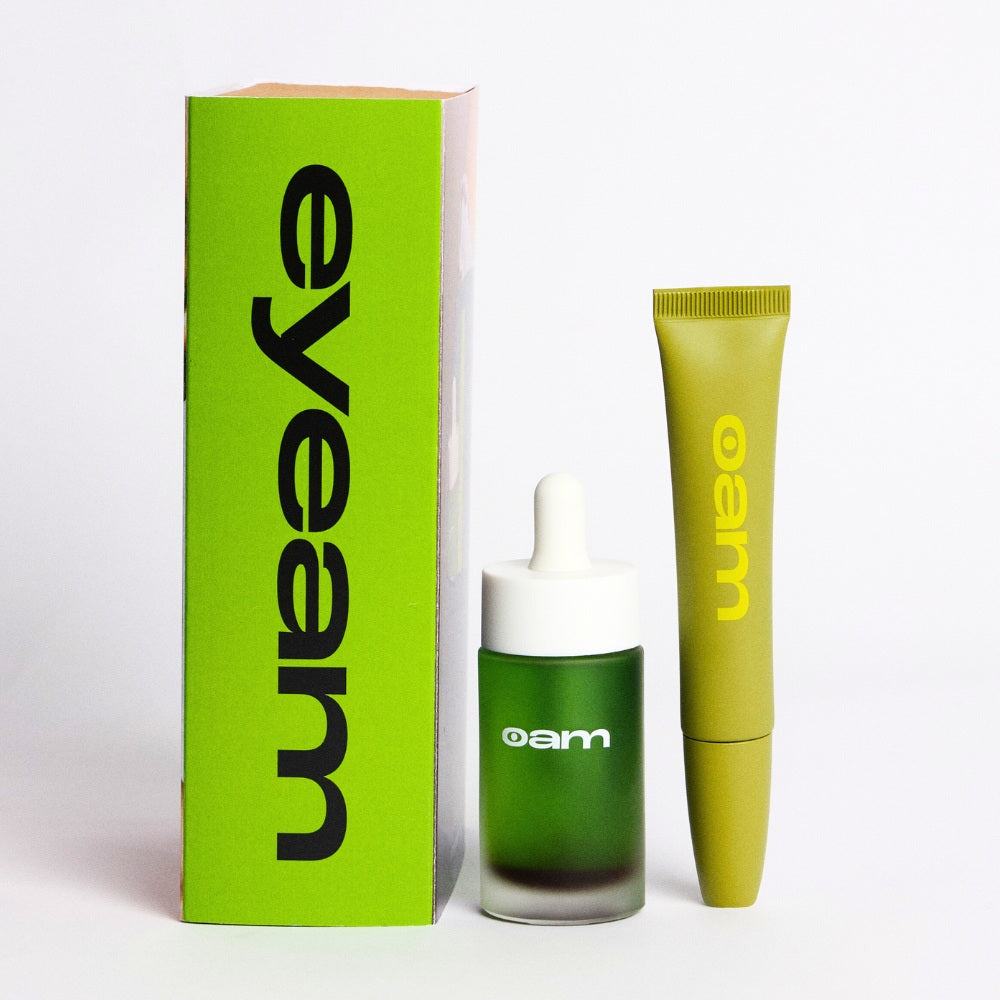
Our revolutionary combination of products works synergistically to address both the internal and external factors contributing to hormonal breakouts:
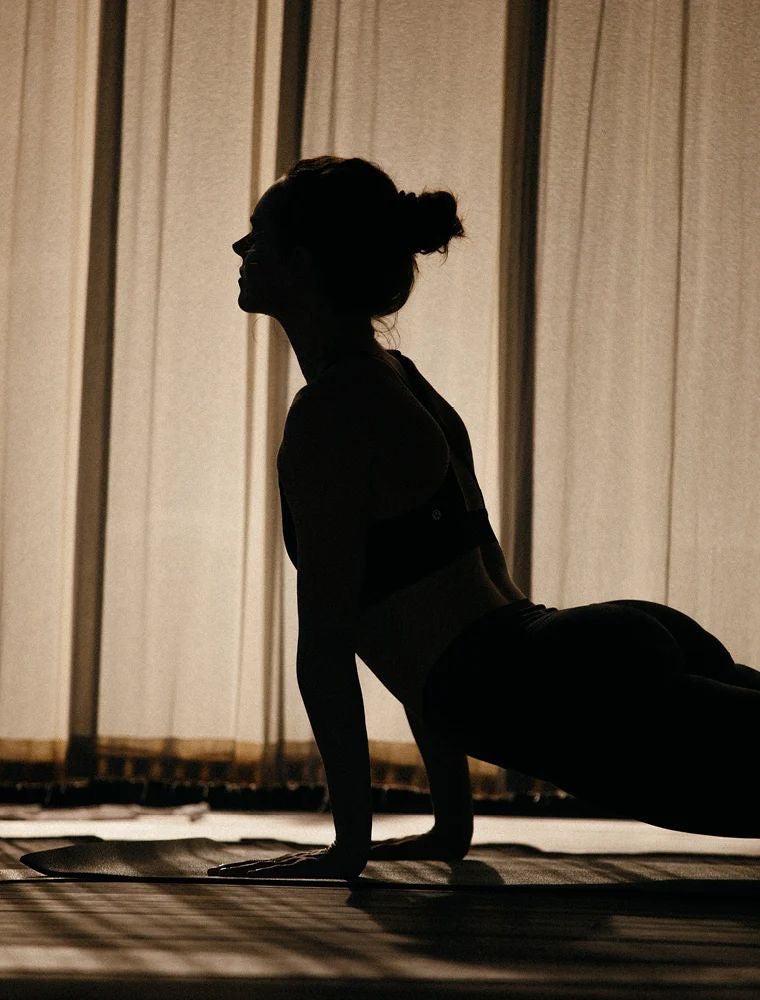
For best results, incorporate these products into your daily skincare routine, especially during the week before your menstrual cycle when hormonal acne tends to flare up. Consistency is key in managing hormonal skin concerns.
Read our in-depth bio-hack here on how to balance your hormones naturally.
follicular+ ovulatory: swimming, cycle, dancing, HIIT, strength training
luteal + menstrual: pilates, walking, or meditation throughout your cycle.
Physical activity increases blood flow and releases endorphins, which can help reduce menstrual pain and cramping.


Tip: Start implementing these practices at least a week before your expected period for the best results. Consistency is key in achieving pain-free periods.
BECOME HER CHALLENGE EVERYDAY TO-DO LIST
Transform your life with these daily habits. It takes 28 days to make or break a habit. Commit to each practice for the next 28 days and see and feel the difference.
BECOME HER CHALLENGE - RECODE THE SPIRIT: DAILY PRACTICES FOR YOUR SPIRIT
Continuing our ReVibe detox challenge in 2025 and explored best practices for your body and mind, we now discover the daily practices for your spirit in part 3.
BECOME HER CHALLENGE - RECODE THE MIND: DAILY PRACTICES FOR YOUR MIND
Continuing on from our introduction to our ReVibe detox challenge in 2025 and best practice do your body, we dive into part 2 and the daily practices for your mind.